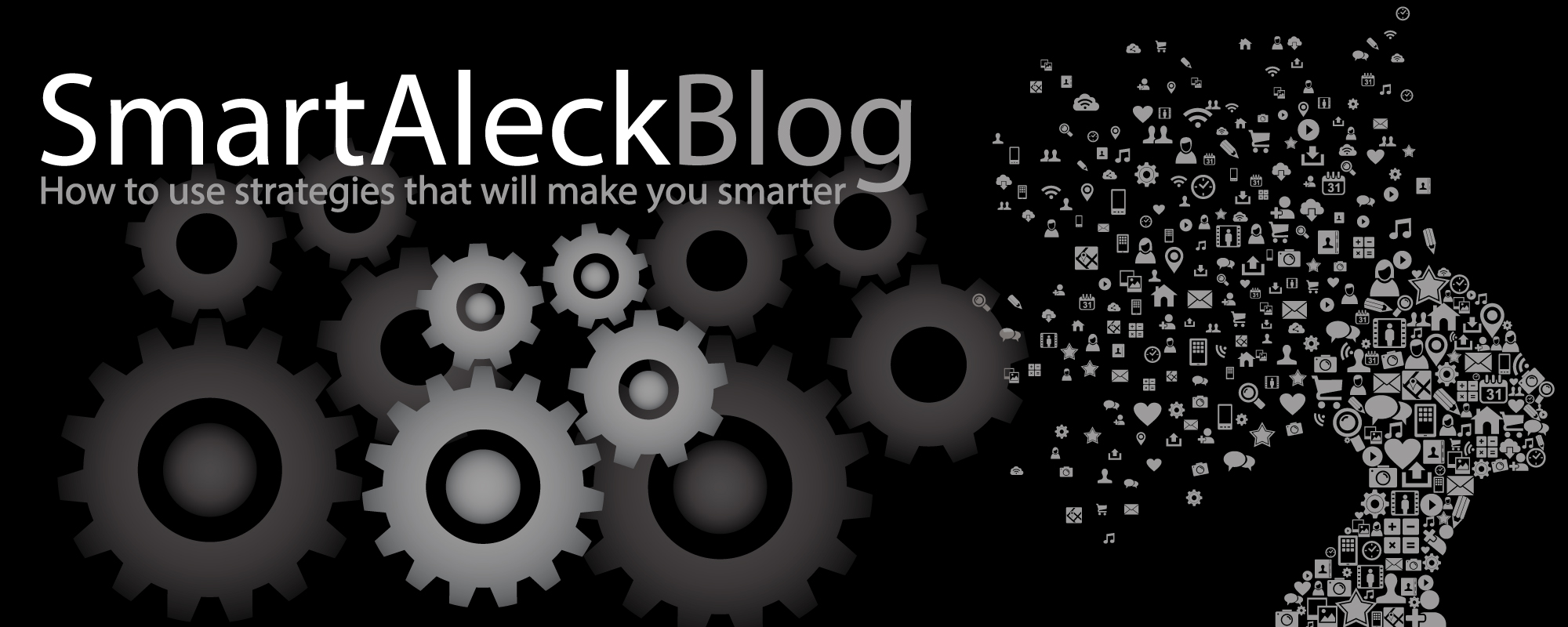In a previous post, we indicated that taking a nap has many benefits regarding your cognition. Cognition is the mental process of attaining knowledge and understanding through your thoughts, experiences, and senses. It is important to note that a growing body of work indicates that sleep has these positive effects because it increases activation. Activation is the process of associating similar concepts within our memories. This type of processing facilitates the restructuring of information that is a key part of problem solving.

Sio et al. (2012)’s work adds to this body of work. Specifically participants in the sleep group in their experiments demonstrated that performance on problem solving improves after a period of sleep. The sleep group out performed participants who remained awake while they slept. The sleep group solved a greater number of difficult problems than did the other groups. The researchers concluded that sleep facilitates problem solving, most likely via spreading activation. This effect was not remarkable for easy problems.
This means that taking a nap will likely increase your performance with problem solving at school or work. Of course, sometimes we do not have the option of taking a nap and must employ other strategies to solve our problems. Collaborative problem solving, which is working with others to solve your problems, is a viable option in circumstances like these.

Please note: I reserve the right to delete comments that are offensive or off-topic.